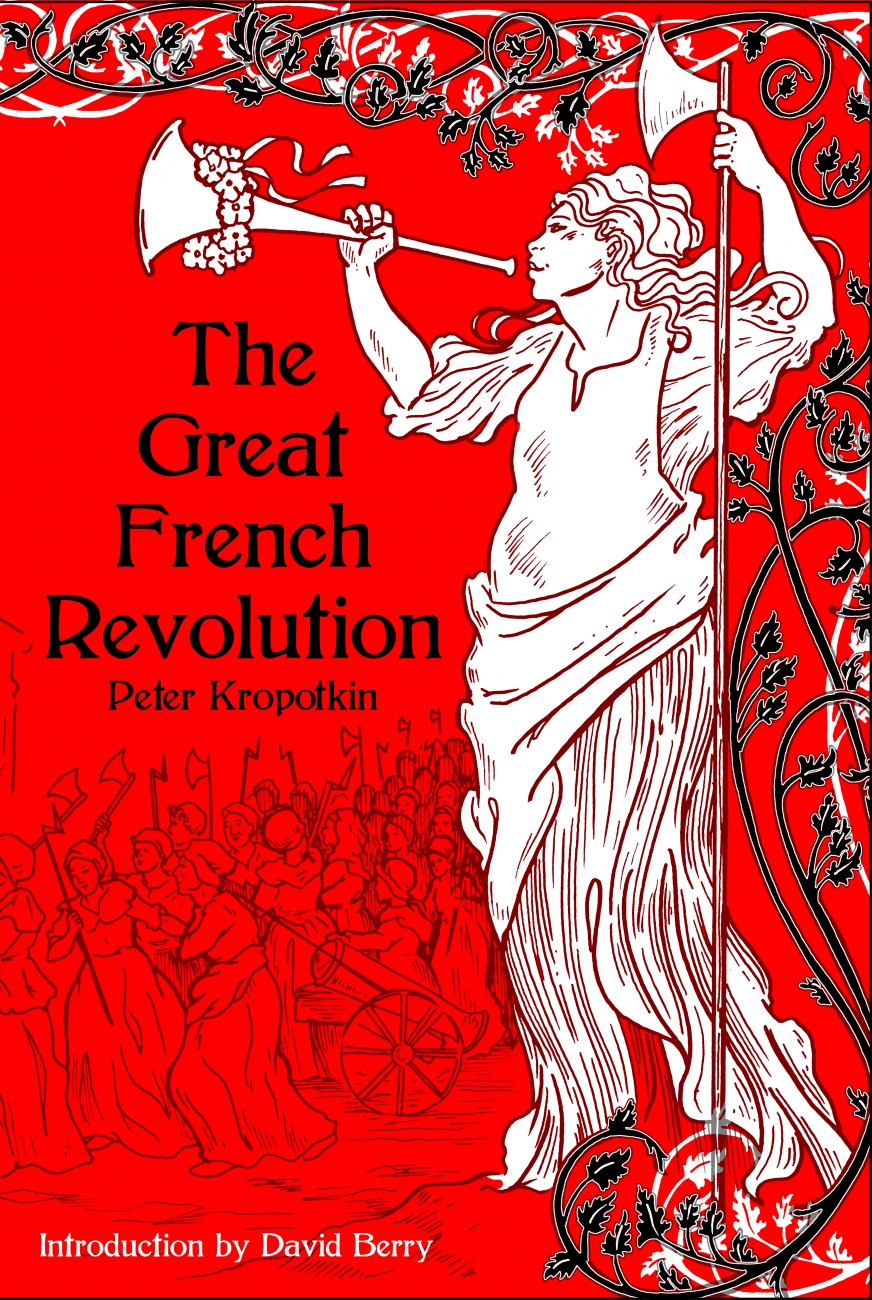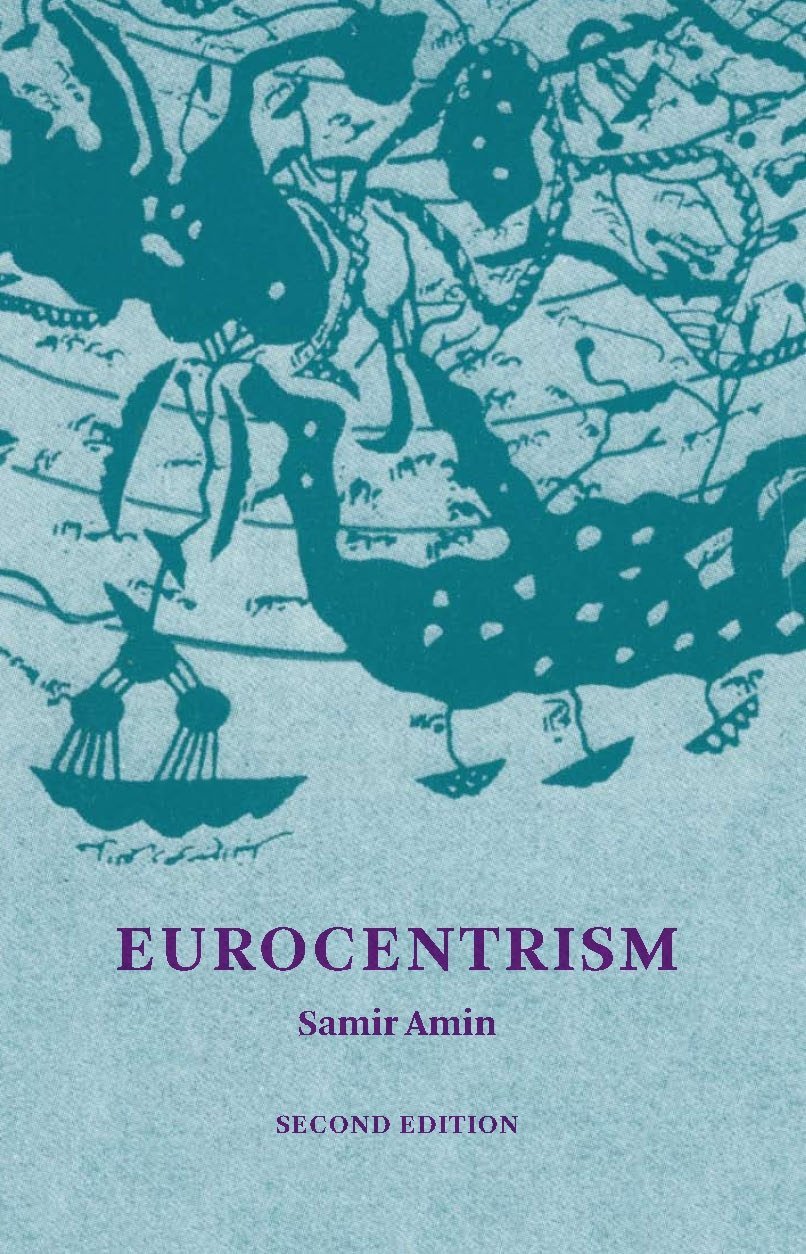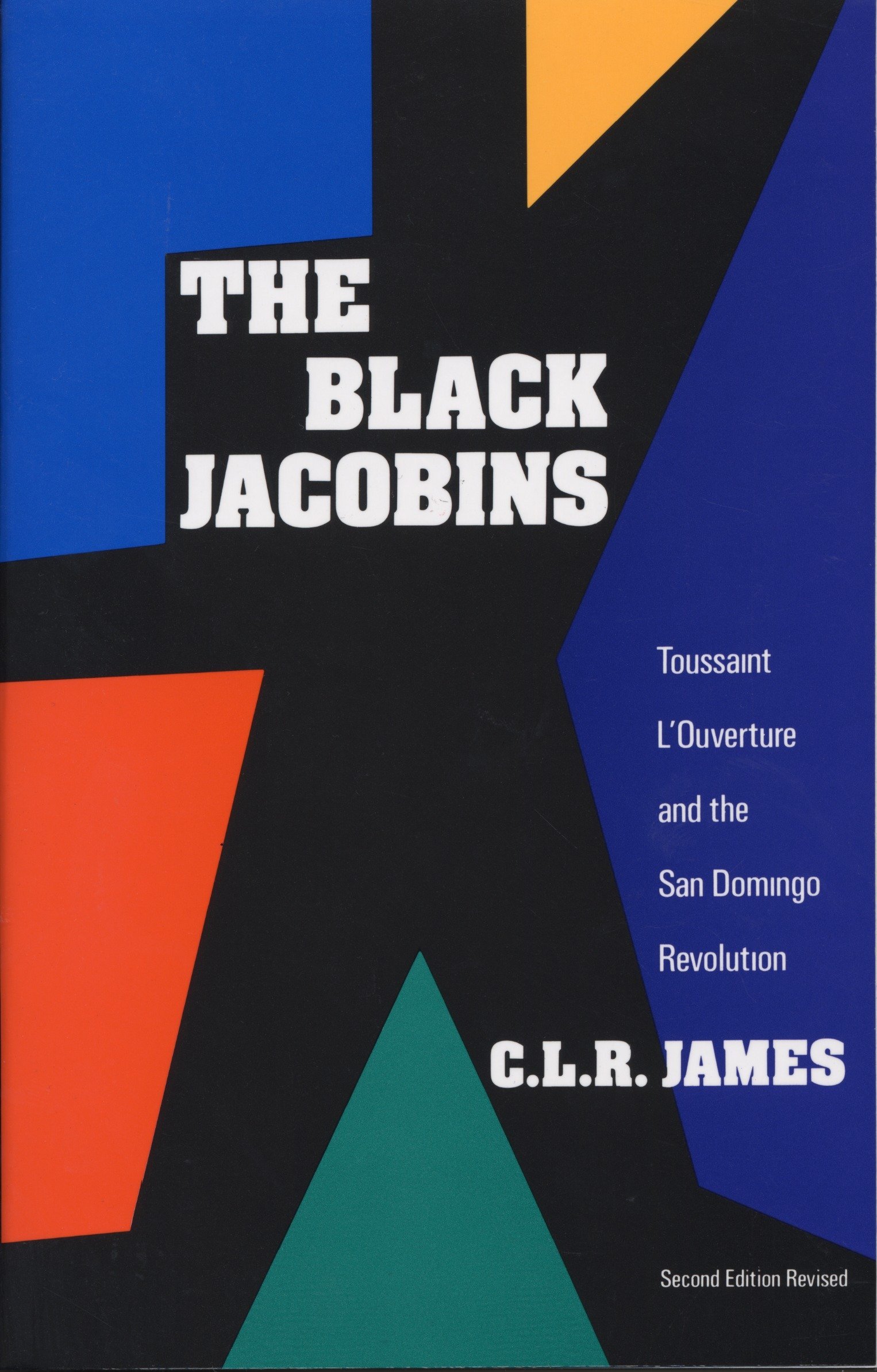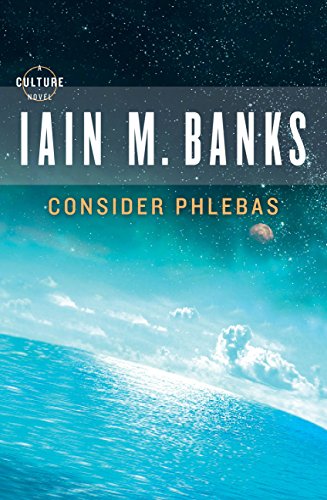Hello! Apologies for the slight hiatus; looking back on it its only really been two months or so, it feels like way longer than that. Here's a post that isn't perhaps the most game-able, but is just me sharing things that I like. I've been having a bit of a hard time getting back into the headspace to work on stuff again; been struggling on not just getting back into writing TTRPG stuff but also short-form fiction and a historical article. Hopefully this writer's block will end at some point, I dunno.
Well, here goes: herein I will be reviewing my top eleven books that I read in 2021, in roughly the order that I read them. I'll also be including one novel that I only just finished this month because I like the number 12, but I'll separate that out since technically I didn't just read it in 2021. This year was a year of reading for me! I finished like 21 or 22 (its kinda hard to tell) books in 2021; that's kinda crazy because like, I love reading but a lot of the time I get so busy with other stuff, especially during the school year, that I end up being lucky if I finish like, one or two in a single semester or something like that. Hopefully I'm able to keep this reading momentum up in 2022! And yes I know how nerdy that sounds, and no that nerdiness won't be helped by the books I talk about below.
Elric of Melnibone by Michael Moorcock
I had been meaning to actually get around to Moorcock's stories centering around the albino sorcerer-king Elric, and I am very glad that I did! Took me much too long to do, if I'm being completely honest. I love sword and sorcery fiction, and Elric has very deservedly earned his place among the great iconic characters of that genre alongside the creations of Robert E. Howard and Edgar Rice Burroughs. I think this novel is a good place to start for both Moorcock's writing and for the Elric character in particular; while not the first story written with Elric as the protagonist, the novel is centered on the events that ultimately make Elric into a sword and sorcery hero rather than just a king on a throne. Elric of Melnibone also has an absolutely incredible mythic vibe that oozes out of just every aspect of it, especially the parts dealing with magic and religion. I love when Elric makes a deal with the spirit that lords over the waters to survive drowning, it felt like something out of an actual ancient myth. This novel is full to the brim with adventure and fantasy, and I know that sounds generic but that's because novels like this are the foundation for the genre! The ending is incredible too, I don't want to spoil it too much but Elric ends up having to do some shenanigans that are Odysseus level. Oh yeah this is on an OSR blog, this is a really OSR kind of novel, if you like sword and sorcery you oughta read it if you haven't. I want to read more Elric stories; I've now read some of Moorcock's non-Elric stuff and I can't say I like it as much.
How Europe Underdeveloped Africa by Walter Rodney
Walter Rodney is, in my opinion, one of the best thinkers and writers of the 20th century, and one who was criminally taken from the world much too young. This is his most famous work, and is the second work of his that I've read (the first being The Russian Revolution: A View from the Third World which I also highly recommend). Walter Rodney was a leading voice in the movement for black liberation and socialism, coming from Guyana but having lived and taught extensively in Tanzania, especially at the University of Dar es Salaam that attracted many of the brightest minds and strongest voices of the African diaspora during the 1960s and '70s. How Europe Underdeveloped Africa was his grand work of political economy, endeavoring to describe why African countries are, as a rule, poor and economically underdeveloped; as you can probably tell by the title, the book centers the role of European imperialism which, yknow, is a good thing to center in that narrative. Rather than being a discussion of how African countries were being exploited in his day, it is about how Africa got to the socio-economic place it is in; while he writes from the 1970s, it is still an incredibly valuable work of history and political economy. If you only read one book out of the twelve I review here, make it this one.
A Wizard of Earthsea by Ursula K. Le Guin
Just like with How Europe Underdeveloped Africa, this is only the second work by this author that I've read! (As an aside, the first was Rocannon's World). I gotta say, just as with Elric of Melnibone, I am absolutely ashamed that it took me this long to get around to actually reading this novel. It is an absolute masterwork, a story that illustrates a fascinating world with beautiful cultural detail, and a story that operates on an even more folkloric logic and Vibe than Elric does. The story just flows so beautifully and so naturally, it ended up feeling like there wasn't even a three act type of structure and more like Le Guin was just describing events as they happened, but rather obviously there was a pretty traditional narrative it just wasn't as clean as I think a lot of mainstream fantasy is these days. I love the world of Earthsea, and I desperately want to read more in that world, arguably way more than I do more of the Elric stories. Le Guin is the kind of author that I am always trying to emulate in my own creative work, and A Wizard of Earthsea is a great example of that. Its hard for me to be specific mostly because I actually read most of this book in one sitting months ago and while the narrative has stuck with me in my memory its all one cohesive experience and yknow, that's not something that happens a whole lot with novels. Of the novels I review here, this is the one I recommend the most.
His Majesty's Opponent: Subhas Chandra Bose and India's Struggle Against Empire by Sugata Bose
The first of two biographies I'll be reviewing here! This is The definitive biography of Subhas Chandra Bose, who was one of the leading figures of the Indian independence struggle back in the early 20th century. Unfortunately, Bose isn't nearly as widely known as Gandhi or even Nehru are, who were Bose's contemporaries and fellow leaders in the Indian National Congress, and yknow that is just a cryin' shame! Bose is a fascinating figure, a great man who had a very introspective and intelligent and philosophical worldview, as well as being the leading representative of the radical and socialist part of the INC. He is controversial in western countries these days because of his involvement with the Axis during WW2, which he defected to because they were fighting the British who occupied and exploited India, but I really think accusations of him being a fascist or of accepting fascism are dishonest and dismissive. For instance, he personally stopped any British Indian POWs from being sent to fight against the Soviet Union and he was for his entire life an opponent of Nazi racism. This book generally does a great job of presenting his complicated and fascinating life in all of its details from his youth to his death, although I think it downplays some aspects of his political career and thought that were influenced by Marxism, mostly because the members of his family are, while still on the leftist side of things, much more moderate than the man himself was. Would recommend to anyone interested in Indian history or politics, or to anyone who considers themselves a socialist!
Eurocentrism by Samir Amin
Samir Amin is a well-known Egyptian-French Marxist theorist, and this is his most famous work by far, another work of political economy like Rodney's How Europe Underdeveloped Africa. I gotta say, I think Amin is just as good of a writer as Rodney is, reading this book was an absolute delight, very intelligent and rigorous but not at all difficult to read. Literally why don't more academics write as clearly as Rodney and Amin??? Eurocentrism is his work on the social, economic, and political relationship between Europe and the Middle East, though a lot of his ideas can be easily applied to other places where Euro-American countries have colonized or conquered. It isn't really the most important part of the book, but I personally really liked the part where he addresses the idea that the Christian religion is one of the causes of European economic dominance (which was advocated by the sociologist Max Weber way back when), but that might just be me as a religious studies nerd honestly. Oh, also I read another book with a similar title this past summer, the much more famous Orientalism by Edward Said, and I gotta say I like Eurocentrism way more. Not only do I think Amin's conclusions are better than Said's, it's also just unequivocally written better and more clearly.
Women and Gender in Islam: Historical Roots of a Modern Debate by Leila Ahmed
A great book on a really important topic, I read this at the same time as Amin's Eurocentrism and they kinda complemented each other, though Ahmed obviously is more focused on one aspect of society and takes a more broader historical framework than Amin does, beginning with gender roles in ancient Mesopotamia and ancient Egypt. The chapters on gender roles in Hellenistic Egypt at the beginning were super interesting, and the stuff on the role of women in the national movements of the 19th and early 20th centuries were super cool too. Ahmed's emphasis on using historical methods to place the debate internal to Islam over the role of women in a historical context is really good, and in my opinion really important when the predominate perspective in such discussions is a transhistorical western liberal feminism. Honestly, not much I can say other than that this is a well written book and the go-to work on the topic, and one that I would wholeheartedly recommend. The author is a Muslim woman who is very interested in the topic of Muslim women living and working within Muslim society rather than the generally anti-Muslim framework of western feminism and its great.
 |
| This isn't the edition I read but the edition I read had a boring cover |
The Civil War in France by Karl Marx
Yeah yeah I read communist theory books for fun so sue me. I had actually been meaning to read The Civil War in France for a while, and what ultimately prompted me to finally read it was attending a lecture about it by one of the English professors at my school actually, it was a great lecture for the most part. Not reviewing that lecture though, I'm here to review the book! The Civil War in France is a collection of three addresses that Marx gave to the International Workingmen's Association during and in the immediate aftermath of the uprising of the Paris Commune in 1871; it is also the only work by Marx that was originally published in English and it shows! This is definitely Marx's writing at its best, absolutely beautiful prose and impactful writing that flows so smoothly and powerfully when you're reading it. I read the entire thing, from start to finish, in one sitting! This isn't really a history of the Paris Commune of 1871; as would be expected of something written during the events it is describing, it isn't exactly accurate on all the details, but in a sense what matters more than being exact on all of the details is the real meaning of the work. It is an ode to revolution and a description of the possible steps that can be taken to reach a world beyond repressive capitalism. The Civil War in France is one of Marx's best works, and it isn't a major investment to read; read it today! Or well, whenever you're able to, I just think you oughta read it.
The Age of Revolution by Eric J. Hobsbawm
This is the first book in Hobsbawm's Ages trilogy that describes the "long nineteenth century" from 1789 to 1914, which I picked up from my university library when I suddenly had a fit of desire to read stuff about the 19th century (which is also when I picked up The Civil War in France actually). This is a very well written history, and one that takes a fantastic bird's eye view of events rather than being caught up in nitty gritty details. The descriptions of the lives of revolutionary conspiracies ranging from France to Italy and Germany was great, the descriptions of the changes in lives of peasants and other lower class people in Europe were great, generally this book made me actually get interested in a time period that I hadn't paid much attention to before (and a period which you may notice in the following books). I haven't read Hobsbawm's other Age of books yet, but I gotta say that if you are someone interested in history and especially European history, you should read this book.
 |
| This isn't the edition I read but I like this one's cover more |
The Great French Revolution by Pyotr Kropotkin
My fit of desire to read up on the 19th century rapidly morphed into an interest in the French Revolution, which is a historical event that I had absorbed info about from general cultural osmosis and from history classes but which I hadn't actually dedicated much time to reading about. And I gotta say, the period of time around the French Revolution now grips me! Kropotkin's Great French Revolution should be the go-to classical work on the French Rev, it is masterfully written and enjoyable to read if perhaps brimming with numerous French names and a bit long. It is definitely a very 19th century-early 20th century work, but honestly that's another reason to read it, in a lot of ways people don't write stuff as good these days, generally speaking. I don't get why Edmund Burke's conservative history of the French Revolution continues to be the main traditional account in the English-speaking world forreal. Also, Kropotkin's work is the first major attempt at centering the lower classes in the French Revolution, and this work was one of Vladimir Lenin's favorite books; when I read it I definitely understood why!
The Black Jacobins: Toussaint L'Ouverture and the San Domingo Revolution by C.L.R. James
A classic and a deserving one! Unlike my disagreement with how Burke predominates in the accounts of the French Revolution, James very much deserves to have his Black Jacobins be the go-to classic account of the Haitian Revolution. This work covers the French and Haitian Revolutions in fantastic detail and narrative style, written smoothly and easily to read, and explaining the social conditions of the time in Haiti in such a way so as to communicate both the literal detail and get across the terrible atmosphere that loomed over the island when it and its people were enslaved by the French. Everybody should read this book, everybody should read James in general really, and more than that everybody ought to learn about the struggle to establish the first Black republic in the world. Toussaint L'Ouverture is one of the great figures of history, and yet James maintains the materialist perspective of history, recognizing L'Ouverture's great aspects but only in the material context within which he grew up and lived.
Gracchus Babeuf: The First Revolutionary Communist by R.B. Rose
Gracchus Babeuf is one of the most interesting figures of the French Revolution, one who doesn't receive nearly as much attention as he ought to. He was at the center of a conspiracy to overthrow the Directorate in the years after the Thermidorian Reaction that overthrew Robespierre, and more than that he was one of the earliest modern conceptualizers of communism, that being the society where all things are held in common, and of strategies for how to get there. R.B. Rose's biography is the go-to work on Babeuf, and places itself in relation to other scholarly works on the figure, explaining the disagreements in such a way so as to understand them without having to have read the other works (many of which aren't in English). Babeuf developed an idea of economic planning that is more reminiscent of the socialists of the 19th century than his own contemporaries, and his strategy to reach that society was founded on a deep faith in the power of democracy, albeit requiring a conspiratorial dictatorship to overthrow the Directorate first, with the democratic republic established after leading to communism because the majority of the people in France would progressively vote for it. If you're at all interested in the French Revolution, the history of socialism/communism, or in political conspiracies, check out this book!
Consider Phlebas by Iain M. Banks
The last book I read in 2021, technically it's also the first book I read in 2022! While I read the majority of it before midnight January 1st, it wasn't until the start of the new year that I was actually able to finish it. This is a great work of science fiction, one which I picked up after more than a year of recommendations to read Banks's Culture novels. Consider Phlebas is the first science fiction novel that Banks wrote, but I don't think you would be able to tell that just from reading it; the book is very well written, reading it is an absolute breeze, and it has so much worldbuilding just out of view or beneath the events being described. It felt almost like this was the culmination of quite a while of writing in this setting, but it is the first book set in the universe of the Culture! I would definitely recommend if you like fun and unique science fiction worlds and exhilarating space-type adventures. The one thing I will note though is that this book can get very casually violent and gory at times, so be prepared for that! It isn't over the top necessarily, but there is quite a lot of death and misfortune contained herein. I like that in the story, but other people might not, so yknow.
And that's it, those're my 12 most favoritest books that I read last year! I think you can probably discern my patterns of interest, or at least some of them. Thank you for reading, and I look forward to another year of reading great books, and to returning to posting TTRPG content shortly!








